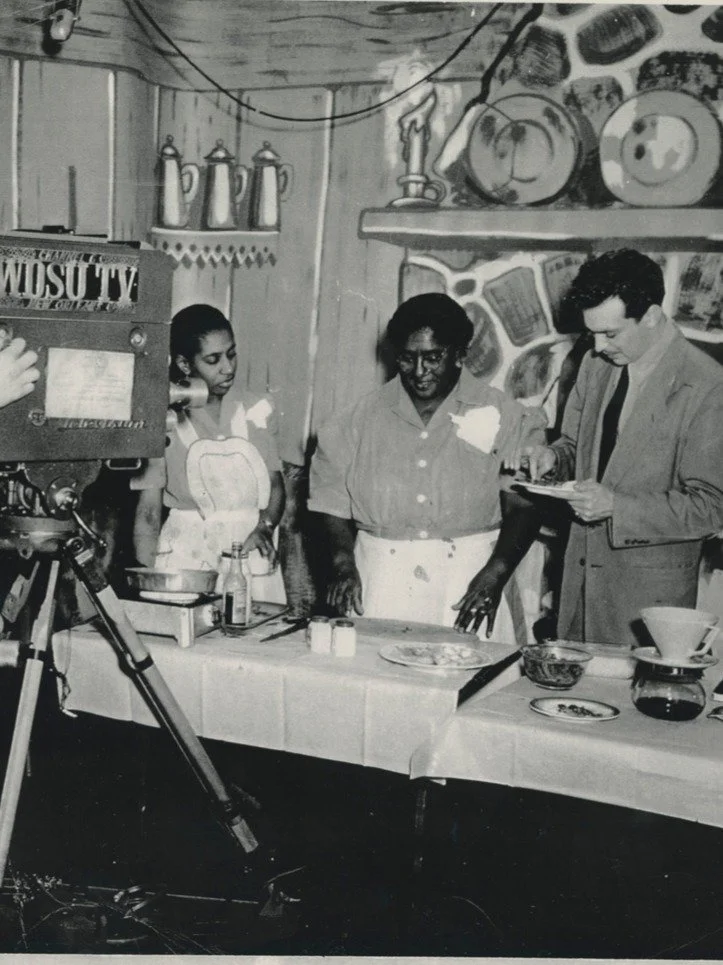Celebrating You and Food
Volume 1, No. 27
I just wanted to acknowledge:
You are beautiful from the inside out.
The world is better with you in it.
You are loved.
HEALTH HAVEN - JOURNEY OF FOOD (PART 1 OF 5)
As I look at this health path that I am on, the historical part of me wondered about the history of food for black people in America. During slavery (17th to 19th century), black people were often provided with rations that were low in quality and limited in variety. These rations typically included cornmeal, salted pork or fatback, molasses, beans, peas, and occasional vegetables. While these rations were sparse and nutritionally inadequate, the women would sometimes supplement them by cultivating small gardens, fishing, or foraging for wild plants.
Black women, who were often tasked with cooking for both their enslavers and their families, applied African cooking techniques and flavor profiles to these foods. Enslaved women often worked behind the scenes in these plantation kitchens, preparing food for large banquets, intimate dinners, and family meals. Their labor sustained the lavish lifestyles of their enslavers while incorporating African and American food traditions. Cooking became a way for enslaved women to maintain a connection to their heritage and as a means of resistance.
These women also prepared meals for special occasions, such as Sunday dinners or weddings, within their communities. These communal meals helped maintain a sense of solidarity, culture, and family amid the brutal conditions of slavery.
HERSTORIES: CHEF LENA RICHARD
Lena Richard
Born in 1892, Lena Paul Richard overcame immense challenges to become the first African American to host a 30 minute cooking show (it aired twice a week) in the U.S., on WDSU from October 1949 until her untimely passing in November 1950.
Starting her career as a domestic worker in New Orleans, Chef Richard quickly gained a reputation for her cooking skills. She was briefly lured away twice from Louisiana to be head chef in New York for the Bird and Bottle Inn and Travis House in Williamsburg.
By 1937, she had opened a cooking school to help Black people secure better jobs in the Jim Crow South. In her catering school she also trained brides and bridesmaids to learn how to cook.
She expanded her influence by launching a frozen food company, publishing Lena Richard's Cookbook, and opening two successful restaurants.
NUGGET OF THE WEEK
“If you can afford it, buy it. Always offer your friends the best that you can and have it in prodigious abundance.”
Until next time.....remember use your voice and document your stories because they matter!




